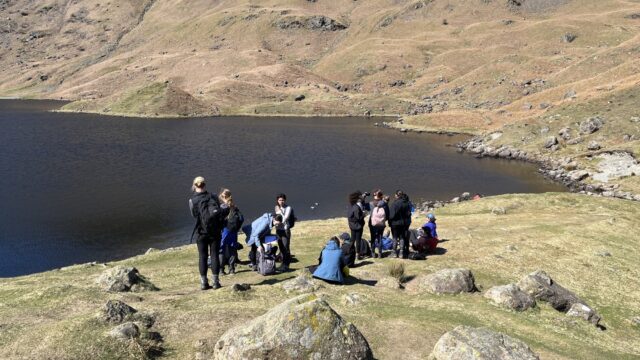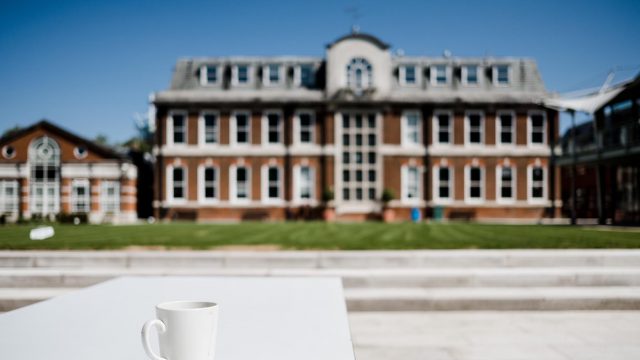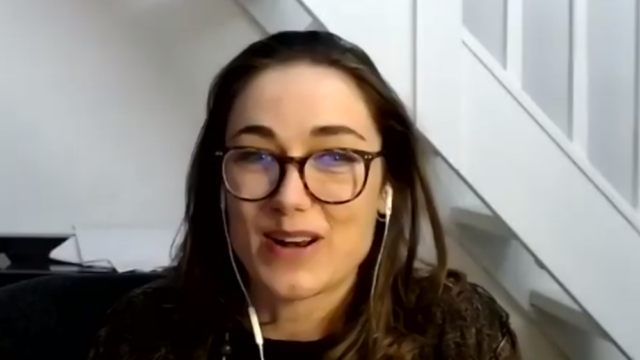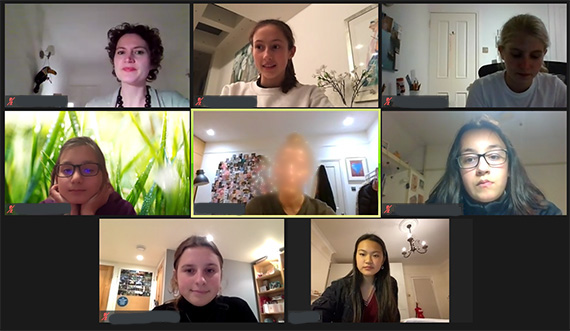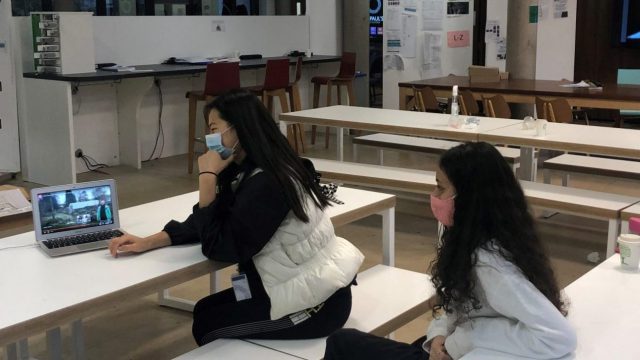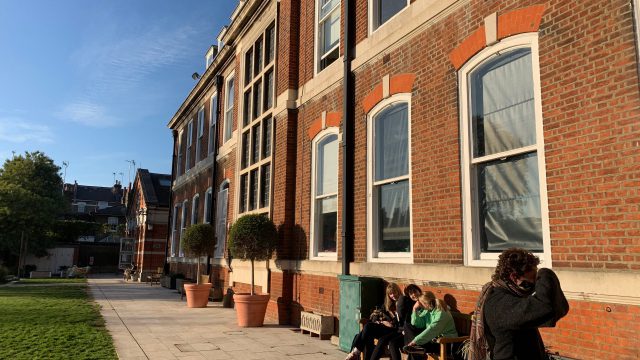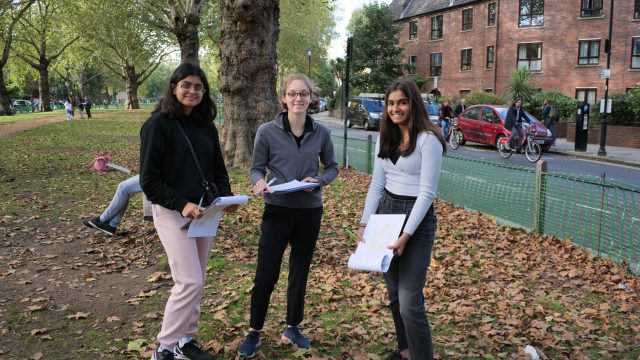Geography
Climate is changing, the population is growing and resources are becoming depleted; there has never been a more important time to study geography.
What we study
The OCR A level course enables exploration of twenty-first century challenges facing our planet. Understanding of space and place is developed through studying the creation of global villages, how architecture links to the environment and the regeneration of the London Docklands. By examining contrasting places, you will learn how their demographic, socio-economic and cultural profiles have been shaped. We then look at migration patterns globally, including the main challenges, solutions and expectations for the future. The final part of the VII looks at Human Rights.
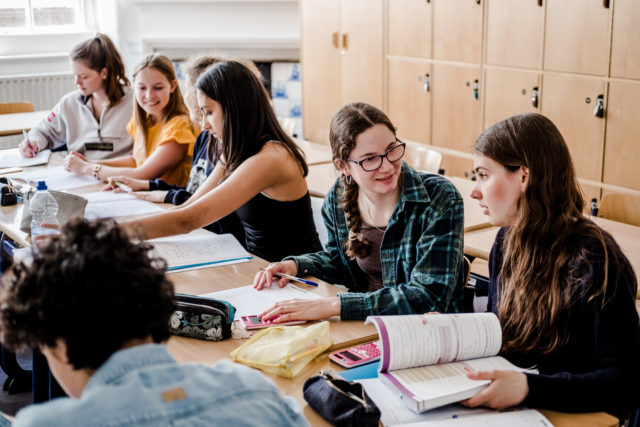
Through the study of glacial landscapes we explore the long-term changes of Earth’s landscape and climate. We also learn about the major systems (carbon and hydrological) that support all life and are key in shaping our planet. This depth of knowledge will allow you to really appreciate how Earth ‘works’, and importantly, in our changing world, will let you hypothesise about future changes.
In the VIII, these topics are brought together to look at synoptic challenges, which cover the most debatable topics in geography. Is the world becoming more hazardous? How does our understanding of physical systems and human connections allow us to create solutions for this? Is there enough food to support everyone? How could our global food system be overhauled to establish nutritious and secure food at all scales?
In addition, students complete an independent investigation. Geographical research is a highly exciting area with technological developments enabling further research; whether considering the geo-spatial trends seen in Twitter data or investigating the relationship between infiltration rates and flood risk. A residential fieldtrip to the Lake District will help develop the practical skills necessary to pursue individual research interests and classroom time will be set for learning analytical skills and report writing. The skills involved in this project help bridge the gap between school and university and add to your employability.
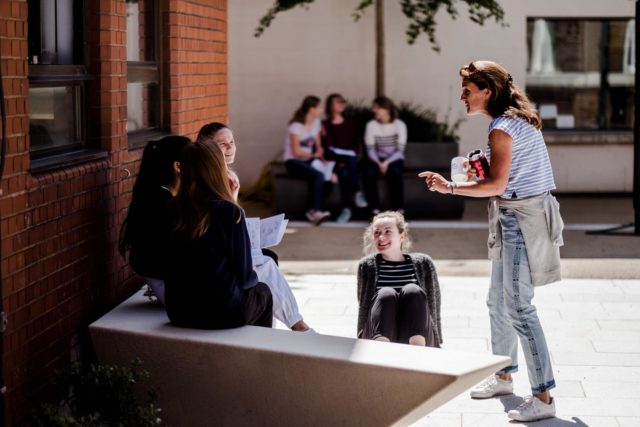
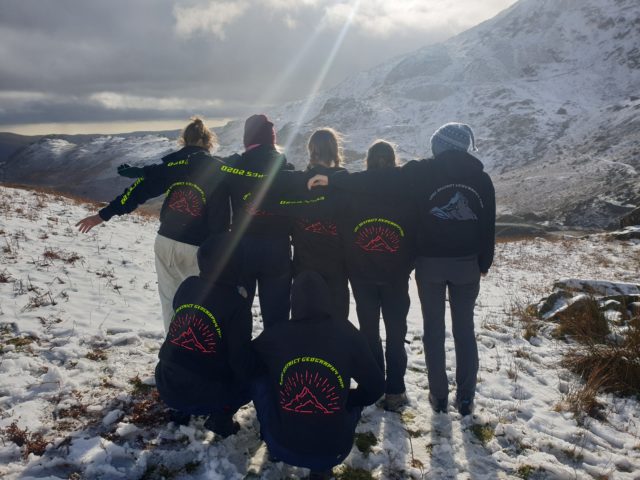
Beyond the curriculum
The Geography Society is traditionally run by students in the VII, guiding lower years in creative projects, including a school monopoly board and modelling geographical landscapes. The society also organises external speakers; Danny Dorling has talked on inequality in London and the charity Thames 21 have discussed pressures on the River Thames.
As well as the compulsory fieldtrips which take place as part of the course, on occasion we offer opportunities to travel further afield. Furthermore, on several occasions, A level pupils have been involved in data collection and river clean-up activities with Thames 21 to support the local environment and community.
The Royal Geographical Society is based in Kensington and offers a number of wonderful opportunities to students. As well as their annual essay competitions, through our school membership you can attend the Monday night lecture series. These lectures are presented by people at the forefront of geographical research.
Where it might lead
Geography can be studied in many forms and geography is a popular subject at university, related to the high employability of geographers. Most often students continue to a general geography degree which covers both physical and human topics, but some students choose to apply to a specific human or physical geography course. Many universities offer courses in environmental science or even more specific courses such as sustainable development. More information on future career paths can be found on the RGS website.

Qualification
A level
Board
OCR
Mode of Assessment
80% examinations and 20% Independent Investigation
